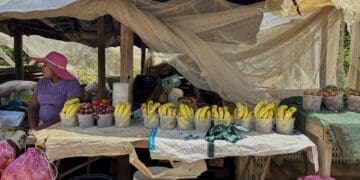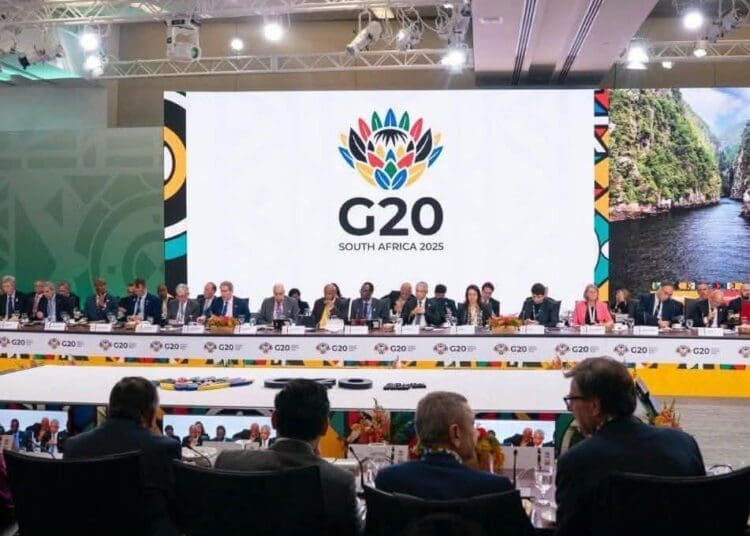Deputy Minister of Trade, Industry and Competition, Alexandra Abrahams, has called for stronger economic collaboration between South Africa and Malaysia, highlighting the growing opportunities in the digital economy.
She addressed a Business Forum hosted at the Sandton Hotel by the Malaysian Prime Minister Dato Seri Anwar Ibrahim, where business representatives from both countries gathered to explore investment partnerships.
Abrahams pointed to steady growth in trade between the two nations, noting that South Africa’s exports to Malaysia reached US$715.8 million in 2024, while Malaysia’s exports to South Africa totalled US$838.9 million. The countries’ current bilateral trade is valued at US$1.7 billion.
She said the expansion of fintech, e-commerce and digital supply chains presents major opportunities for SMEs and for both countries to strengthen their innovation ecosystems.
With world leaders meeting at the G20 Summit at Nasrec where climate change was a central topic, Abrahams added that Malaysia’s renewable energy expertise aligns with South Africa’s push to grow its green economy and diversify its energy mix.
She encouraged Malaysian investors to take advantage of South Africa’s economic reforms aimed at improving the investment climate, cutting red tape and expanding special economic zones.
“By bringing together South Africa’s industrial capabilities with Malaysia’s technological strength, we can co-create an economic future that is greener, more dynamic and more inclusive,” she said.
She said this upward trajectory demonstrates strong potential for further partnerships, particularly in fintech, e-commerce, digital supply chains and innovation ecosystems, areas she believes will create new opportunities for micro, small and medium enterprises (MSMEs).
Experts agree that global commitments made at the G20 Leaders’ Summit could unlock significant benefits for small businesses. Commenting on the broader implications, Dr Nthabiseng Moleko of the Stellenbosch Business School said decisions made at the summit will “definitely affect” SMEs.
“If countries follow through on what they have committed to, it will open new markets for small businesses. Entrepreneurs will be able to export their goods especially through the African Continental Free Trade Area,” she said.
Moleko added that meaningful progress depends on governments d businesses cannot move goods competitively. Infrastructure development is essential for SMME growth.”
azwi@vutivibusiness.co.za































































